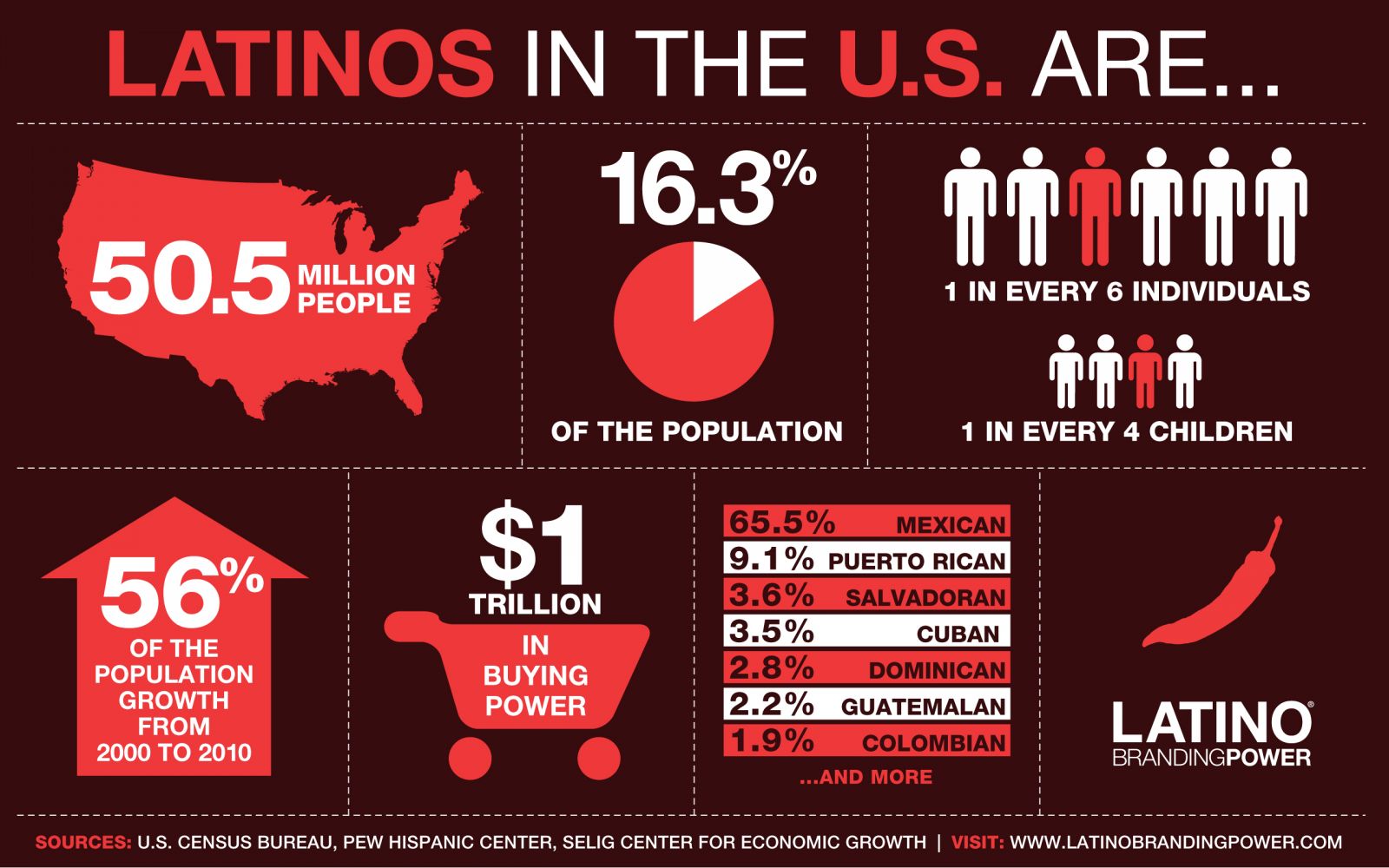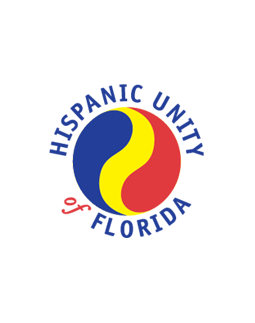Empowering a new generation of Americans
You are here
Hispanics in the U.S.
Who Is A Hispanic?
Hispanic refers to a person of Caribbean or Latin American or other Spanish/Hispanic/Latino culture or origin, and is considered an ethnic category rather than a racial group. Persons of Hispanic origin therefore may be of any race, and since their culture varies with the country of origin, the Spanish language often is the uniting factor. Three out of every five Hispanics living in the U.S. are born here, and among the foreign born, most are of Mexican origin, which suggests that a great many Hispanics share similar backgrounds and cultural experiences. Nonetheless, spending patterns differ significantly based on country of origin, and the composition of the nation’s Hispanic population is changing.
Links to the Pew Hispanic Center
- Read: Diverse Origins: The Nation’s 14 Largest Hispanic-Origin Groups
- Explore: Mapping the Nation’s Latino Population: by State, County and City
- Interactive: Hispanic population by state, 2011
- Interactive: Latino population growth by county, 1980-2011
- Interactive: 60 Largest Metro Areas by Hispanic Population, 2011

Sources:
- Sources: U.S. Census Bureau, 2007 Survey of Business Owners: Hispanic-Owned Businesses (provides detailed information every five years); Selig Center for Economic Growth, Terry College of Business, The University of Georgia, July 2009; The NPD Group; Google.
- Opportunity and Exclusion: A Brief History of U.S. Immigration Policy by Walter A. Ewing, Ph.D. January 13, 2012
- Pew Research Center, http://www.pewhispanic.org/






